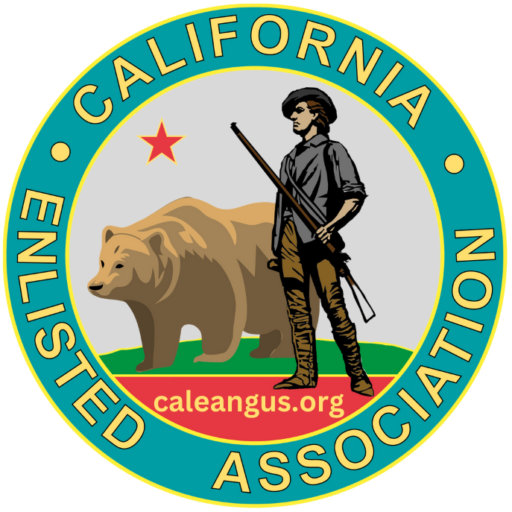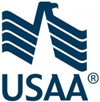Many public sector employees across California already have an identical differential leave benefit, the release said. City officials also believe the law, which will protect approximately 2,000 reservists who live in San Francisco, is the first of its kind in the country.
An Army sergeant with six years of service who makes $30 per hour (or $240 a day) in their civilian job could lose “over $130/day” while attending required training events, according to a press release announcing the legislation. For others, such as the tech industry workers who dominate the Silicon Valley-adjacent city, the losses could be even steeper.
The legislation comes on the heels of a two-and-a-half-year period that’s seen the National Guard used at an unusually high rate for domestic missions that have ranged from COVID-19 mitigation to wildfire suppression and civil disturbance response.
A city legislative aide who worked on the bill, Alan Wong, is also an officer in the California Army National Guard.
In the release, Wong said that this year alone, his soldiers had to complete their routine training requirements (including an approximately three-week-long annual training) in addition to call-ups for wildfire duty and the January 6 insurrection.
“As a result of their service, soldiers serving with me end up losing income that they need to support their families and pay rent,” he said. “This [new law] is about fairness for service members that are putting their lives on the line to defend our country.”













